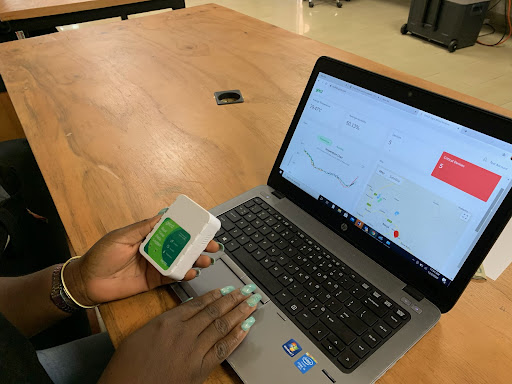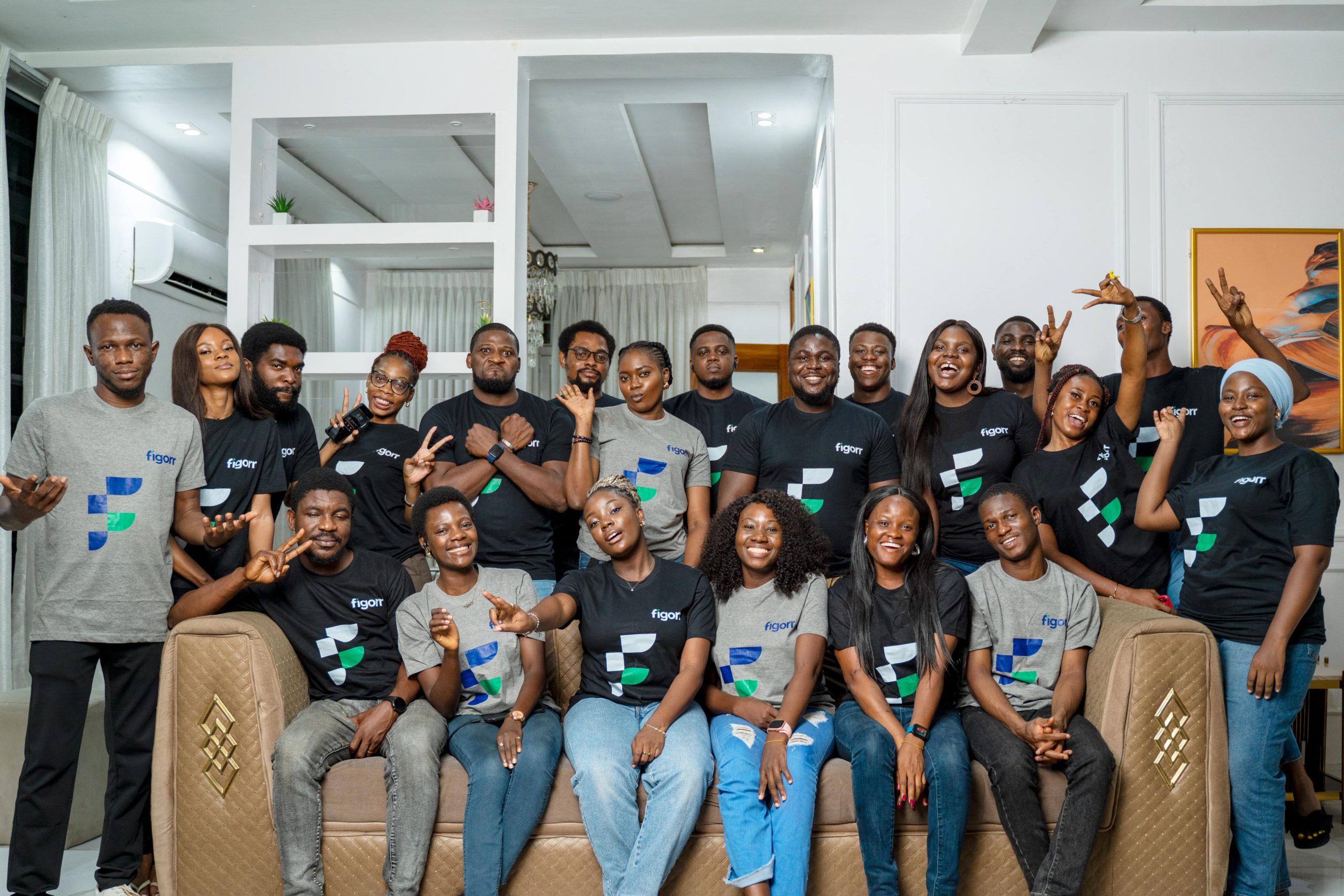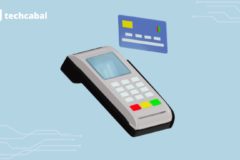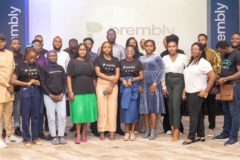Gricd, a startup that develops Internet of Things-powered solutions to support the last-mile delivery of perishable goods, has raised $1.5 million in seed funding as it overhauls its brand identity to Figorr.
Founded in 2018, Gricd (now Figorr) had previously disclosed $512,800 in funding raised through grants, convertible notes, and angel funding. It also raised an undisclosed sum from Katapult VC. This latest round was raised by Atlantica Ventures with participation from VestedWorld, Jaza Rift Ventures, and Katapult VC. The company’s rebrand as Figorr, signals its new focus on software solutions.
Oghenetega Iortim, the CEO of Figorr, told TechCabal that the rebrand represents the company’s new direction. “When I started the business, it was largely supposed to solve an agriculture problem, but now we’re doing so much beyond the agricultural space. We work with multiple sectors, including agriculture, healthcare, and logistics. We also recognize that our real superpower is data, which is why we went with Figorr (pronounced as figure).”
According to Iortim, Figorr uses a hardware device, MOTE, which is “about the size of a pack of cards”, to transmit the location, humidity, and temperature of sensitive and perishable products in real-time to the cloud and customers. Customers can access this data either through a mobile app or an online dashboard. In instances where products are exposed to harsh conditions, Figorr will send an email or SMS notification immediately. During the COVID-19 vaccine rollout, Figorr’s solution helped Nigeria’s National Primary Health Care Development Agency (NPHCDA) track 40 million vaccine doses, according to Iortim.
With this new funding, Figorr now plans to help its customers access insurance for their perishable products. Due to poor storage facilities and a lack of technology, Nigeria loses 50% of its food to poor storage. Across Africa, that number drops to 30%. These losses equate to total losses for the farmers and traders, which are then passed on to the end customer. According to the IMF, on average, Africans spend almost half of their income on food.
“Insurance companies tend to shy away from underwriting these sorts of commodities [perishable commodities], which means that for my customers there’d be a 100% burn if they lose their goods. With our data, that’s gradually changing. We can show that a customer has done a great job in terms of the storage and transportation of certain commodities over a long period. The insurance companies are then a little bit more lenient and willing to underwrite those sorts of risks”, Iortim told TechCabal.

“We’ve tracked over 200 million cold chain items, and the value of those items is well over $600 million. With the data that I have, if I were an insurance company, I would bet on about a third of those products. If you make 10% of that[ $20 million], it’s a lot of money to overlook, in my opinion”, he added.
Figorr already works with some of the leading pharmaceutical manufacturers and food companies in Nigeria and across Africa to enable the effective transportation and storage of food and pharmaceuticals. It says it has successfully tracked more than 110 million perishable items and supported its customers to realise more than $200 million in savings.
The startup makes money by charging its customers a monthly subscription fee to access data from one device. The subscription fee is charged per device per month, so if a customer has multiple devices, they pay for each one separately. The devices also do not consume more than 5MB of data per month and rely on 2G connectivity and SMS. They also use global roaming network providers, which means that they can latch on to the best available network. This is especially important for a continent with poor internet connectivity and penetration.
Venture capital firms tend to shy away from hardware startups because of the long period they typically require to scale, the unpredictability of the business model, and the complicated process of sales and marketing. Iortim shared that Figorr also faced the same challenges; before this seed round, the company had raised $512,000, which mostly came from grants.
Iortim told TechCabal that building a relationship with investors and the amount of data Figorr has gathered since 2017 helped overcome this hurdle. “For the investors that we currently have on board, we had to build a relationship with them and show them the numbers. Plus, we have gotten to a point where we have deployed a few thousand devices in about seven countries, so there’s a lot of value we can drive based on the data,” he said. Figorr will also use the new funding to expand to East Africa.
Echoing Iortim, Aniko Szigetvari, founding partner at Atlantica Ventures, said, “Tega and the Figorr team have built a powerful suite of products and services to support the cold chain industry and ensure the quality of perishable goods and pharmaceutical products in Nigeria and across the continent. We are excited to support the growth and regional expansion of the company”.





















